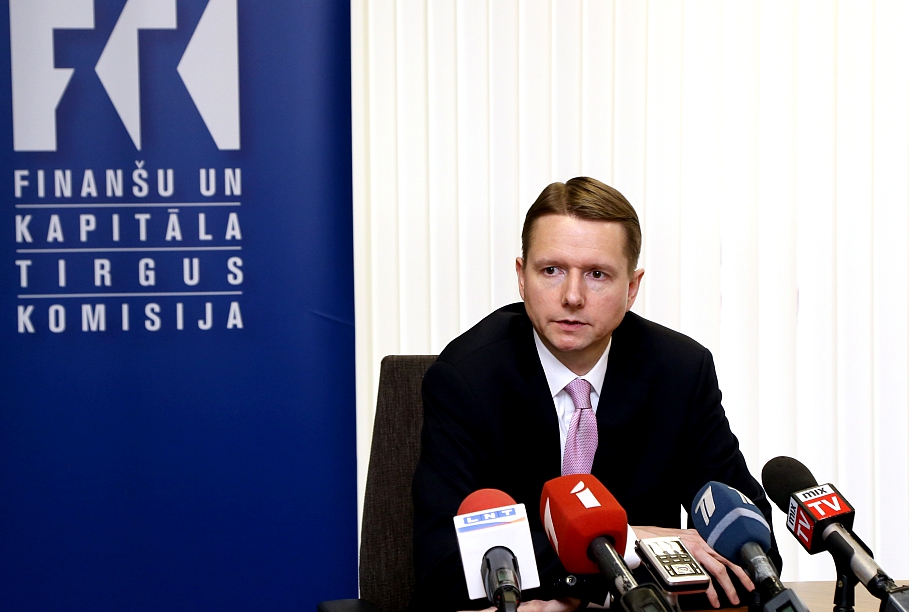A report in the web portal of the official state gazette, Latvijas Vēstnesis, on November 16 quoted the head of the regulator, Pēters Putniņš saying "there is still a lot of work to clean up customer bases and to eliminate various bogus companies."
Speaking to a Saeima committee about efforts to step up the fight against money-laundering after Latvian banks were linked to numerous major international scams and scandals, Putniņš said: "I hope Latvia will not be diverted from its path of an orderly financial sector" and said considerable progress had been made over the last two years since he took over the reins of FKTK with particular attention paid to cracking down on money-laundering, which had previously won Latvia an unwanted reputation as a money-laundering hub where banks performed only cursory checks on clients and their identities and penalties for transgressions were trivial.
"We are putting in a lot of work, the banks are feeling heightened control and are also severely punished. Latvia has never before seen such controls as have been in place for the last two years. There has been a radical change in how we control each non-resident's account file, but we are not yet at the point where we can say we have reached the optimal position," Putniņš said.
"Co-operation exists but ... After each bigger scandal... things are not coming to court. There must be convictions. It is not abstract entities doing the laundering something - they are specific people who commit violations."






























